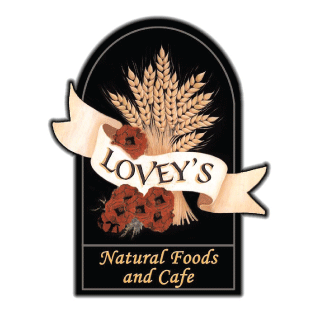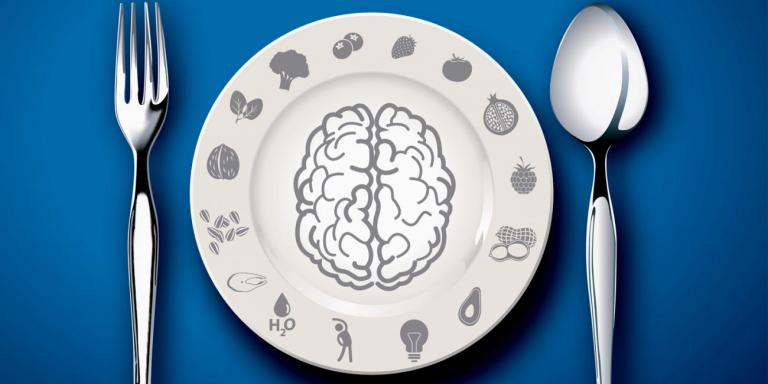When planning a dinner party, catering to the food preferences of many people can be taxing. But recent psychological research could make it easier to gauge taste buds and personalities at the same time.
Where Taste Begins
Research suggests that humans can sense taste before birth. In the womb, a baby could experience flavor through amniotic fluid, while newborns are exposed to the taste of breast milk. As humans are drawn to familiar flavors, research suggests that early exposure to different tastes, specifically in childhood, is important in preventing picky eaters.
Although your taste preference may come as a result of the environment you grew up in, your psyche could also play an important role. In fact, studies have positively linked personality traits to many major eating habits.
Salt and Strength
Although salty or crunchy foods, like potato chips, might often be eaten on the couch, science suggests those who enjoy salt are actually ambitious and motivated. They may find themselves overworked, but they always aim high.
Those who enjoy salt may be a part of the supertaster population. It is estimated that one in four people, supertasters, have more taste buds than the average person. Supertasters show more sensitivity to bitter, sour, or spicy foods, but enjoy saltier flavors.
Try Gluten-Free Doughnuts or Vegan Buttered Popcorn.
Got a Sweet Tooth?
If you enjoy dessert more than dinner, you may be more willing to help others. A 2012 study in the Journal of Personality and Social Psychology found that those who enjoy sweets tend to be more agreeable and compassionate than average. But while chocoholics are thought to follow their hearts, they may also be seen as vulnerable or emotional.
Try Chocolate Coconut Milk Ice Cream or Strawberry Shortcake.
Spice Up Life
As many would guess, those who prefer hot, spicy foods enjoy adventure. A study presented at the 2013 Institute of Food Technologists associated spice preference to the willingness to take risks, noting that “high sensation seeking” people enjoyed spicy food and adventure, while those who sought “low sensations” were not interested in either.
If a person also likes exotic foods, they could be more easygoing, or willing to try new things.
Try Spicy Roasted Chickpeas or Spicy Buffalo Cauliflower 'Wings'.
Caring With Citrus
Careful citrus lovers, or those who enjoy tangy flavors, always think before they act, according to research. Although this opens the door for overthinking, anxiousness, and, occasionally, anti-social behavior, they are very creative.
Try Citrus Salad with Honey Mint Lime Syrup or Sunburst Juice.
When Bitter Tastes Better
Guests who enjoy bitter food may be excellent at expressing their opinions. However, two 2015 studies, published in the journal Appetite, positively associated this preference with antisocial and narcissistic behaviors. The good news? Those who can handle strong bitterness may be more likely to try new foods and flavors.
Try Greek coffee or kale.

